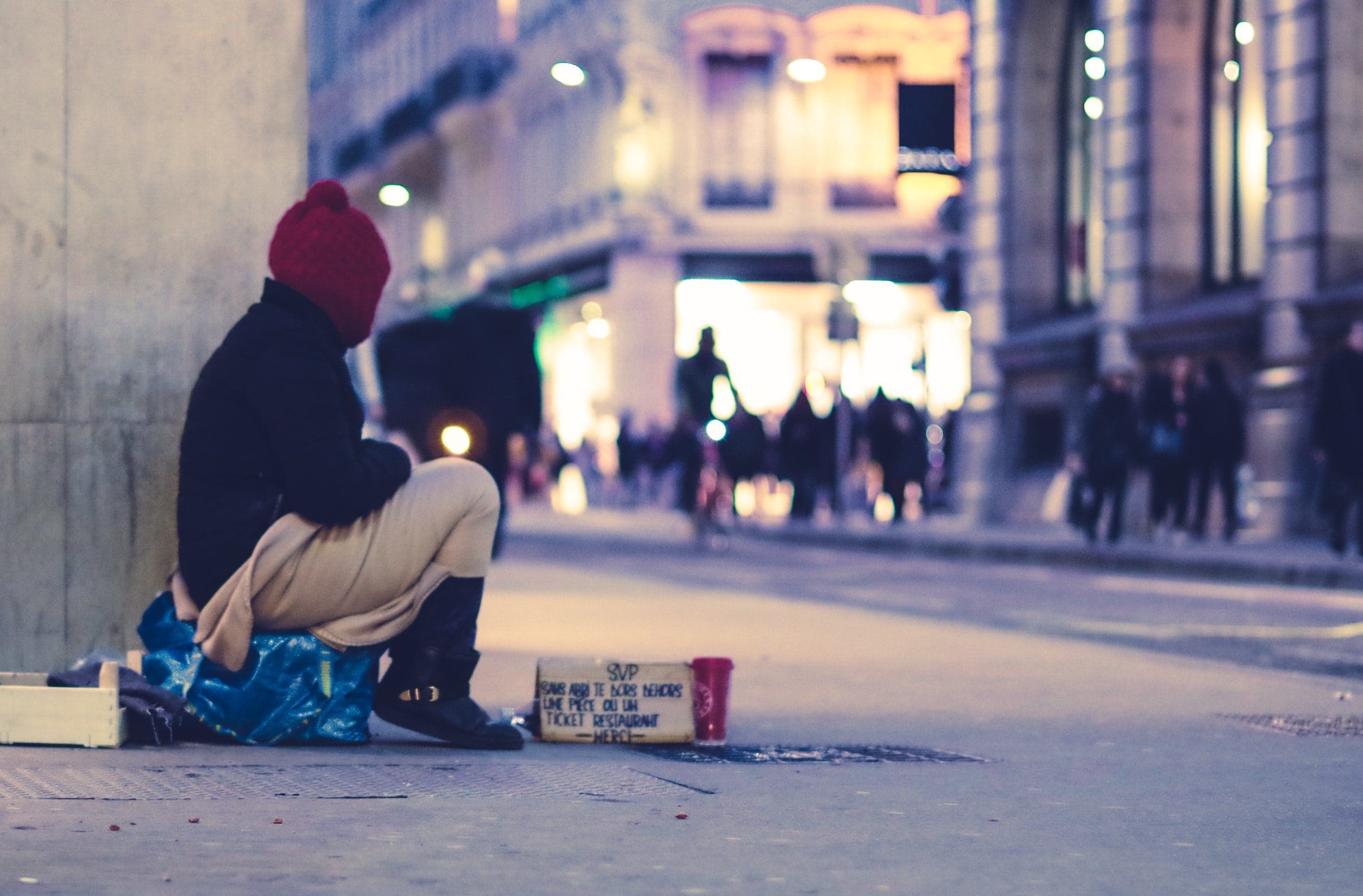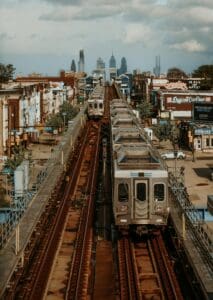The project joins a growing list of local experiments in no-strings-attached payments to homeless young adults.
By: Sarah Holder
New York will become the latest U.S. city to start a pilot giving out monthly cash payments to residents, joining a growing number of others this year that are trying out guaranteed income experiments. But the city’s program is particularly small and focused, giving monthly payments of $1,250 to up to just 40 unhoused people between 18 and 24.
The “Trust Youth Initiative” is targeted at a population with distinct policy needs, and designed with their input, in an attempt to test whether cash improves their housing outcomes.
Counts of homelessness among young people in the U.S. vary dramatically, from 36,000 people under the age of 25, according to a 2018 Department of Housing and Urban Development count, to 3.5 million youths according to a 2017 study by Chapin Hall, a policy research center at the University of Chicago.
That’s partly because youth homelessness “exists in much more hidden forms,” with many choosing to crash with friends instead of living on the streets, or moving in and out of family homes due to rejection or loss, said Matthew Morton, a research fellow at Chapin Hall and the principal investigator on the forthcoming cash transfer study. Chapin Hall is co-leading the pilot with the city of New York and Point Source Youth, a homelessness advocacy organization.
There’s little research on how to prevent or reduce homelessness among young adults, and the existing systems aren’t doing enough to address long-term housing needs, says Morton. That’s where the pilot comes in.
New York City has a right to shelter policy and the city has expanded programming for youth crisis services, but these facilitiesaren’t designed to be pathways to permanent housing. Long-term stable housing and homelessness prevention are the areas in need of improvement, says Cole Giannone, senior advisor for Youth Homelessness at the NYC Office of the deputy mayor for Health & Human Services.
“Young people have always said, ‘I might need shelter right now, but shelter is not all I need.’ So what else?” Giannone said. “These young people don’t have generational wealth to fall back on when they’re experiencing homelessness. Sometimes the answer is, it could just be cash.”
Youth who are homeless are also much more likely to be Black and brown and LGBTQ than older counterparts; Chapin Hall found that 95% of youth who are homeless in NYC are people of color.
Participants in the new program are set to be enrolled starting late fall and will receive payments for 24 months. The amount of money individuals will get each month, $1,250, is tied to the cost of living in shared housing in New York City. And recipients will have flexibility in how they’re paid: They can access the cash at the beginning of the month or every two weeks, or get a three-month lump sum to cover larger costs — like moving expenses and a deposit — upfront. Additional supportive services, like job training and mentorship, are optional and available, too.
“Youth are experts on their own lives,” said Larry Cohen, the executive director of Point Source Youth, who echoed a mantra that has been used in the AIDS awareness campaign and in disability activism: “nothing about us without us.” “There’s a tremendous amount of money spent on the youth homelessness crisis,” Cohen said — it costs $130.63 per day per individual to run an NYC shelter. “If that money was placed in the hands of young people, we’re excited to show better outcomes.”
The project will cost $2.5 million, with $300,000 coming from the NYC Mayor’s Office for Economic Opportunity, $205,000 from the city’s privately-donated Covid fund, and the rest from a network of nonprofits and organizations.
This hybrid of public and private funding is similar to the approach of pilots launched in other cities this year, several of which are also targeting their cash payment experiments to specific populations, like Black mothers and low-income families with children.
NYC’s pilot will also include a control group of 30 to 40 young people, who will be compensated for their participation in surveys but won’t receive payments. The organizers hope the outcomes will inform future phases of the program that could expand to include more unhoused young people, including in other cities.




















